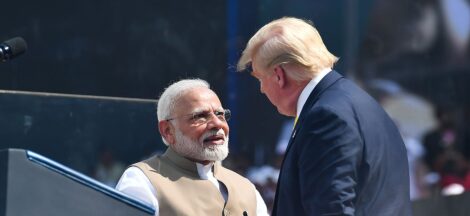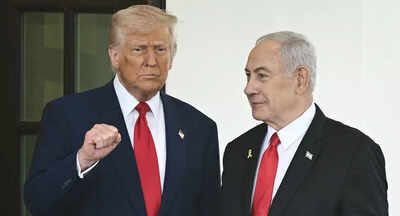Sky News journalist Yalda Hakim cornered Pakistan People’s Party Senator Sherry Rehman over the country’s historical ties to terrorist organisations during an intense interview. Pakistan’s departure from the Financial Action Task Force grey list provided the backdrop for probing questions about lingering suspicions of state involvement with extremist groups.
Hakim pressed Rehman on whether Pakistan had “harboured extremist elements” in the past. Rehman, visibly unsettled, described the country as “fighting very hard to clean its terrorist record”, but deflected direct responsibility when asked if the state had ever supported militant outfits. At one point she asked, “Am I going to war?”, reflecting the high-stakes tone of the exchange.
Her response underscored persistent international doubt: while acknowledging Pakistan’s efforts to mend its reputation, Rehman stopped short of conceding official complicity. The tone suggested a blend of defensiveness and determination, aiming to reassure global observers that Islamabad’s counter‑terrorism strategy is now more robust.
Analysts note that Pakistan has long faced scrutiny over alleged links between its intelligence services and groups such as Lashkar‑e‑Taiba and Jaish‑e‑Mohammed. Observers point to the complex influence of the Inter‑Services Intelligence agency in regional conflicts, including in Afghanistan and Kashmir. Despite repeated denials, critics contend that safe havens for militants in border regions have been tolerated, rather than dismantled.
The FATF decision to remove Pakistan from the grey list in 2022 followed a rigorous assessment of its compliance with counter-financing protocols. Islamabad met 14 of 27 action items by mid‑2020, according to FATF documentation. Yet diplomats and financial experts have cautioned that formal compliance does not equate to the complete absence of extremist networks or funding trails.
In the interview, Rehman emphasised the country’s legal reforms and law enforcement efforts. She pointed to recent arrests and prosecutions of terror suspects, praising strengthened international cooperation. However, her emphasis on diplomatic framing and legal steps skirted around questions about institutional ideology or past operational collaborations.
Critics argue that without addressing the deeper political incentives and regional strategies behind militant patronage, legal reforms may only scratch the surface. They highlight the need for transparency in intelligence‑agency affiliations, as well as accountability for past acts where state actors may have been complicit.
In Pahalgam, Jammu and Kashmir, a deadly militant strike earlier this year reignited concerns in New Delhi and beyond. India accused Pakistan of complicity—a claim Islamabad has firmly rejected. The fatal attack intensified calls within international policy circles for Pakistan to confront both terrorist financing and ideological affiliations tied to its security apparatus.
Observers view Rehman’s remarks as a calculated attempt to strike a balance. Her mention of “cleaning” Pakistan’s record is a nod towards incremental progress, without triggering nationalist backlash at home. But global watchers say this strategy may fall short if core issues—particularly ideological networks and covert support—remain unaddressed.
Politico‑financial circles are now waiting for Pakistan’s next steps: will the government commit to structural checks on intelligence agencies? Will funding streams be traced to their origins? Can victim communities see justice for past strikes linked to cross‑border militancy?
Rehman insisted Pakistan’s pivot toward transparency is genuine, backed by new legislation and cross‑border data‑sharing initiatives. But she also urged patience, citing entrenched challenges and warning against political expediency in international forums.
Her appeal carries weight inside Pakistan, where public perceptions on national security remain deeply divided. Many still view external scrutiny as politically motivated, while others press for candid reckoning with a past that includes both militant patronage and violence.
At this crossroads, Islamabad faces a defining test. It must demonstrate that its commitments are more than performative replies to global pressure. Without clear and verifiable action against state-linked networks, doubts will likely resurface, complicating future financial and security cooperation.




 Indian Student’s Harrowing Restraint at Newark Airport
Indian Student’s Harrowing Restraint at Newark Airport 